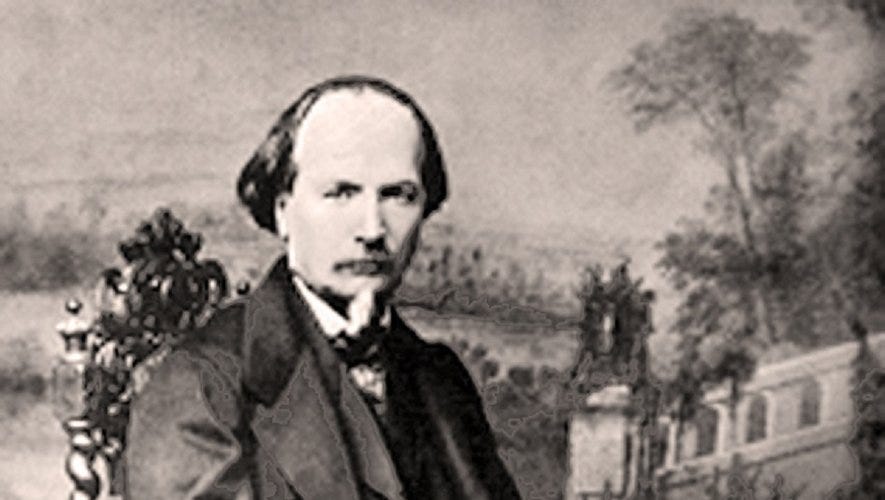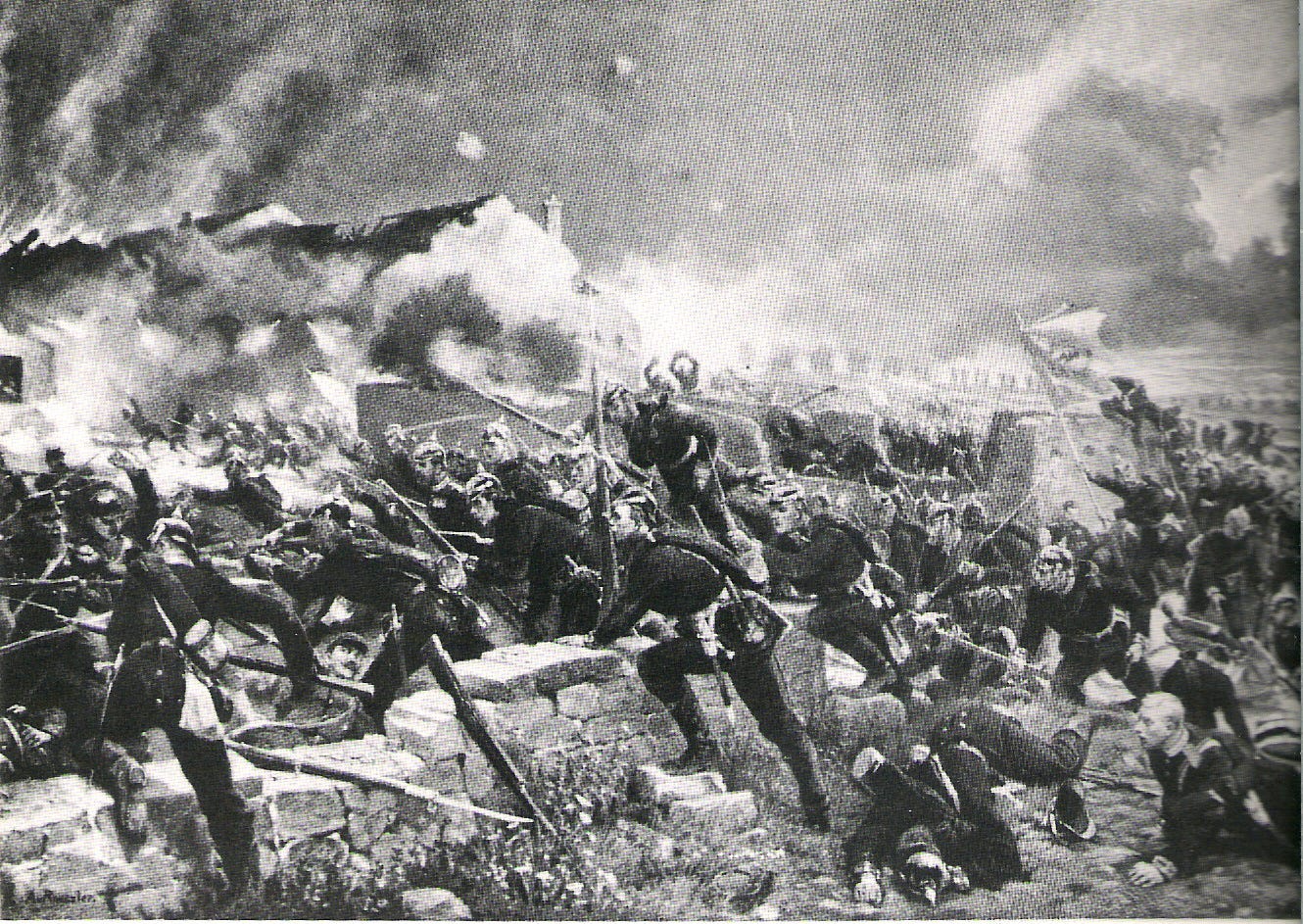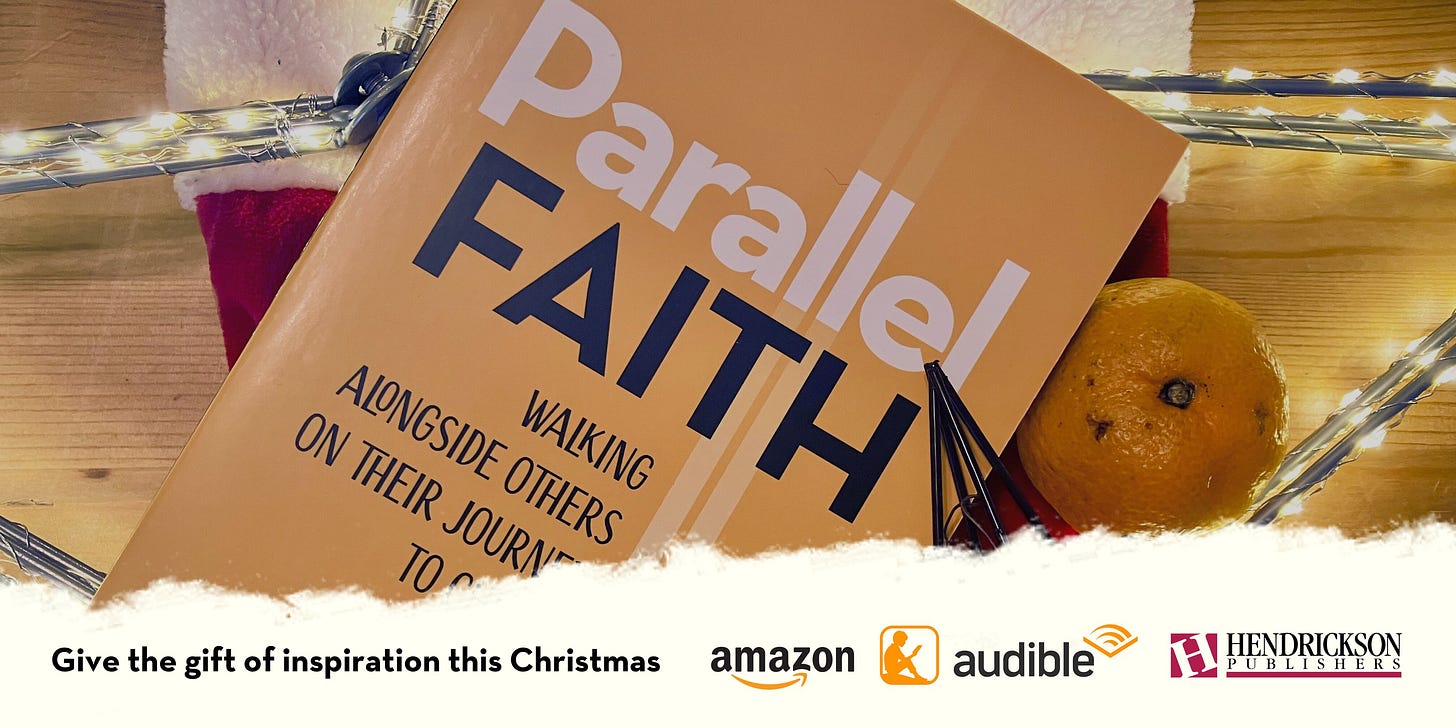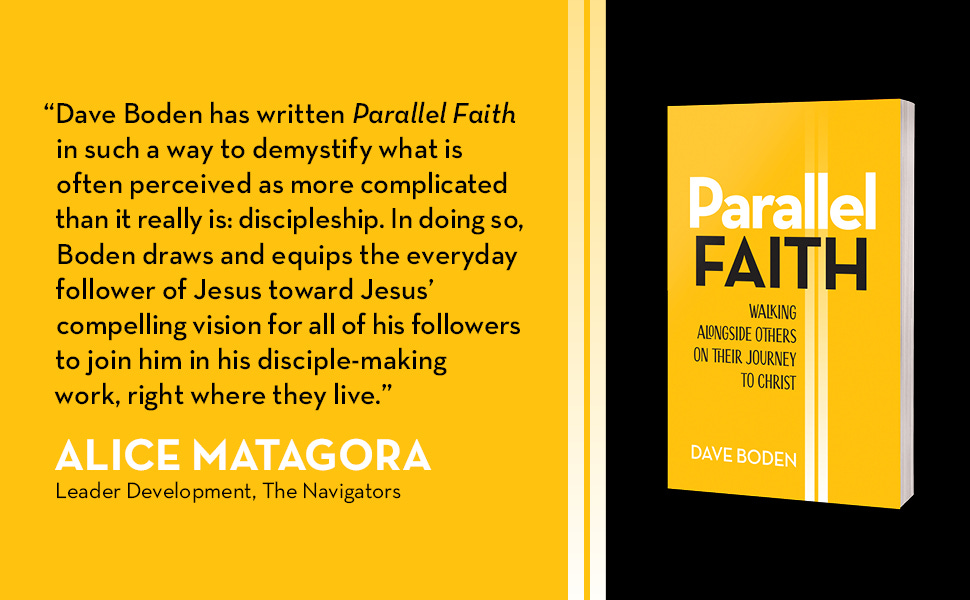Amid the utter insanity of the Christmas film that is Home Alone, there is a moment of sweet spiritual clarity when Kevin walks past a church at night in search of comfort and joy. First, he notices a lit nativity scene with Mary, Joseph, and shepherds gathered around a baby in a manger. Then, his attention is drawn to the sound of "O Holy Night" echoing inside the church walls. He enters to see a youthful choir dressed in red gowns and gold sashes rehearsing in perfect, innocent harmony.
With his floppy blonde hair and big boyish eyes, Kevin looks around in wonder at row after row of empty pews inside the church, except for the lone figure of a scary looking bearded man. Moments later, “Old Man Marley” walks slowly up to Kevin, and much to his surprise, comes across as pleasant and kind, unlike the stereotype in his imagination. They then go on to have a deep and meaningful conversation about the complexity of family relationships, culminating in a simple but profound exchange about the nature of fear.
KEVIN:
No offense, but aren't you a little old to be afraid?
OLD MAN MARLEY:
You can be a little old for a lot of things. You're never too old to be afraid.
After talking about the darkness in his basement Kevin innocently uncovers a simple truth about the nature of anxiety:
“I made myself go down to do some laundry, and I found out it's not so bad. All this time I've been worried about it, but if you turn on the lights, it's no big deal.”
Christmas reminds us that fear is always overcome by the light.
This moment of revelation took place against the background of a song that has had quite a journey from the rural communities of France to the bright lights of Hollywood probably via a church service near you.
“O Night Divine”
The year was 1847, and an atheist, one-handed wine merchant named Placide Cappeau was asked by his friend, a Catholic Priest, to write a poem for Christmas. The story goes that he waited until he was embarking on a business trip to Paris to answer his priest’s request. As he travelled down a dusty road one winter’s night, he began to imagine what it must have been like to be in Bethlehem and witness the birth of Jesus. He read from the book of Luke, put pen to paper, and by the time he arrived in Paris, he had written a wonder filled poem that he called “Midnight, Christians.”
Soon after that revelatory night, Cappeau asked his friend, a well-known Jewish composer named Adolphe Adams, to set his poem to music. The only trouble was that as a Jew, Adams knew the words celebrated Christmas, a day that he didn’t observe, and it was about Jesus, who he didn’t believe was God’s son. Nevertheless, "Cantique de Noel" (O Holy Night) was born, and its first performance took place at Midnight Mass on Christmas Eve, 1847.
The song began to spread a sense of hope amongst the poor and peasants.
Meanwhile the leaders of the Church quickly denounced O Holy Night as inappropriate for use in proper church services, stating it had “a lack of musical taste and did not reflect the spirit of religion.” The song was surrounded by controversy and it was banned. Some could not comprehend that such a holy night could be experienced by such an unholy person. But those that understand the spirit of Christmas know this is exactly the point.
Even Cancel Culture can’t compromise Christmas.
In the days before YouTube, Facebook, and social media, the song went viral anyway. Whilst it stirred up turmoil for the religious, it continued to bring peace to the masses.
“His Gospel is Peace”
In 1855, O Holy Night was translated into English by an American journalist and music critic. It quickly gained widespread popularity, becoming an anthem of hope and peace in the North during the American Civil War.
“Chains He shall break
For the slave is our brother
And in His Name
All oppression shall cease”
This wasn’t the only time its message became an antidote to war.
On Christmas Eve in 1870, unconfirmed legend has it that an intense battle was taking place between French and German soldiers during the Franco-Prussian War. Out of the blue, a French soldier jumped out of his hiding spot, facing the enemy's gunfire. Before anyone could figure out what was happening, he started singing "O Holy Night." Both sides just stood there as he sang about Jesus being born. When he finished, a German soldier came out and sang another song. Apparently, everyone joined in singing carols, and the fighting stopped for the next day.
But perhaps the most surprising part of the origin story is how this banned controversial rebellious anthem ended up being broadcast to the whole world.
“Evermore Proclaim”
Picture a freezing night in the middle of the Atlantic on Christmas Eve 1906. You're a Captain hired to transport tonnes of fruit produce halfway around the world on a shipping barge. At the ship's helm is a single wireless radio, one of the first used for maritime operations. All you hear from it are the slow, steady beeps of Morse code, but then something intriguing occurs.
Your ship receives this strange signal in Morse code:
“Be prepared for something of great interest to follow.”
This significant moment marked the culmination of the efforts of a man named Reginald Fessenden, an engineer recognized as the father of modern radio. Following a period of collaboration with the renowned Thomas Edison, Fessenden became deeply engrossed in studying electromagnetic waves. While experimenting with a transmitter and receiver, his assistant unintentionally jammed a Morse code key, producing a jarring sound that reached Reginald in the adjacent room. Recognizing the potential for wireless transmission, Fessenden wondered if the same could apply to human voices.
After numerous attempts, around December 24, 1906, at 9pm, Reginald successfully transmitted the first human voice over the radio from Brant Rock, Massachusetts, to ships in the Atlantic owned by the United Fruit Company.
I managed to find a recreation of what happened if you want to listen to it below.
The first-ever voice on the radio included a reading from Luke’s gospel and the first-ever live song broadcast included O Holy Night played beautifully on the violin. What a way to usher in the communications revolution!
“Fear not: for, behold, I bring you good tidings of great joy, which shall be to all people.” Luke 2:10
In a world that is still searching for answers, like a ship light scanning the night, or a young boy desperate to not be left home alone, our pining hearts can still find hope when we rebel against empty religion and embrace the chance of a holy encounter. This is what O Holy Night still does for us today; it allows us to tune into the sound of heaven. God still broadcasts to us and declares, “Be prepared for something of great interest to follow…”
They say that once a radio signal is transmitted it carries on travelling into space forever. If this is true then, somewhere in the echoes of eternity there is still a violin proclaiming:
Fall on your knees; O hear the Angel voices!
O night divine, O night when Christ was born
O night, O Holy night, O night divine!
And the message of Christmas has a similar impact on the whole of the universe. It never stops speaking to us.
Grab a copy of my new book Parallel Faith as a gift for someone special this Christmas season.










My absolute favourite, such powerful words - brings me to tears every time I sing it!
Love this! "O, Holy Night" is my it's not Christmas until I hear this song. I knew it was written by an atheist but not the full story. I also shared it with my daughter, including the radio broadcast recreation. We both thought it was very interesting! And now I also found and saved a copy of the original poem, in both French and English. Now to go listen to and sing along with some Christmas carols!🎄🌟